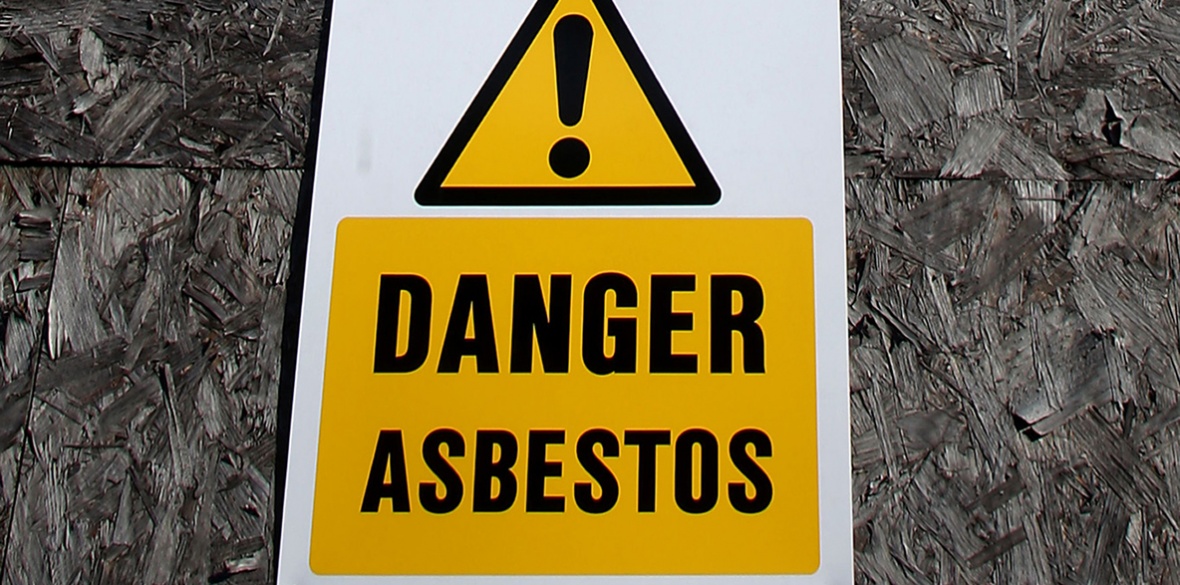This is the last article you can read this month
You can read more article this month
You can read more articles this month
Sorry your limit is up for this month
Reset on:
Please help support the Morning Star by subscribing here
AUGUST 24, 2019 marked the 20th anniversary of the British ban on asbestos, a substance which remains the cause of the country’s worst-ever occupational epidemic, killing thousands every year.
The Asbestos Prohibitions regulations signed by deputy prime minister John Prescott were implemented against a backdrop of a landmark World Trade Organisation dispute over a French asbestos ban and aggressive lobbying by British and international vested interests.
Legislation was laid before Parliament a month after the European Union had adopted similar legislation and during the dog days of the summer parliamentary recess.
The British legislation had come 100 years after a British Factory inspector had first warned of the “evil effects of asbestos dust,” and decades too late for generations of workers whose lives had been sacrificed for the profits of asbestos companies such as Turner and Newall Ltd., the Cape Asbestos Co. Ltd. and others.
The tragic legacy of Britain’s love affair with asbestos continues to haunt the country today with widespread contamination of public buildings, commercial premises, private residences and social housing.
MPs have categorised the asbestos remaining in most of the country’s schools as a “national scandal.” Asbestos waste dumped decades ago on sites near derelict factories remain a blight to urban development; the former 72-acre Rochdale site of the Turner Brothers Asbestos Company — once the largest asbestos textile factory in the world — remains un-remediated and undeveloped because of the industrial pollution.
The human cost of the asbestos industry’s profits are measured annually by the Health and Safety Executive which noted in July, 2019, that the number of deaths from the signature cancer caused by asbestos exposure, mesothelioma, were 2,595 (in 2016) and 2,523 (in 2017); when other asbestos-related deaths are added, the total of avoidable asbestos deaths per year were over 5,000.
Despite what the Guardian termed a national “crisis,” the Tory government remains disinclined to take any action on the hazardous conditions in schools.
The anxiety this situation causes both parents and staff is understandable as is their outrage over the prioritisation of asbestos removal from the Kensington Palace residence of the Duke of Cambridge, paid for by British taxpayers, and the high-profile attention given to asbestos contamination of the Palace of Westminster.
Global asbestos dealers based in Britain continue to profit from the commercial exploitation of asbestos using legal loopholes such as limited partnerships which allow them to operate behind the scenes.
In 2015, almost half of all the asbestos mined in Russia — the world’s biggest asbestos producer — was traded by British-registered companies or businesses associated with them including Astrade Solutions LP, registered at a Leith address since 2013, and Minerals Global Trading LLP, formerly based at an industrial estate in North London.
It seems that as long as there is money to be made, Britain is willing to provide a favourable climate for even the most heinous of businesses to flourish.
Laurie Kazan-Allen is coordinator of the International Ban Asbestos Secretariat and the former editor of the British Asbestos Newsletter.











